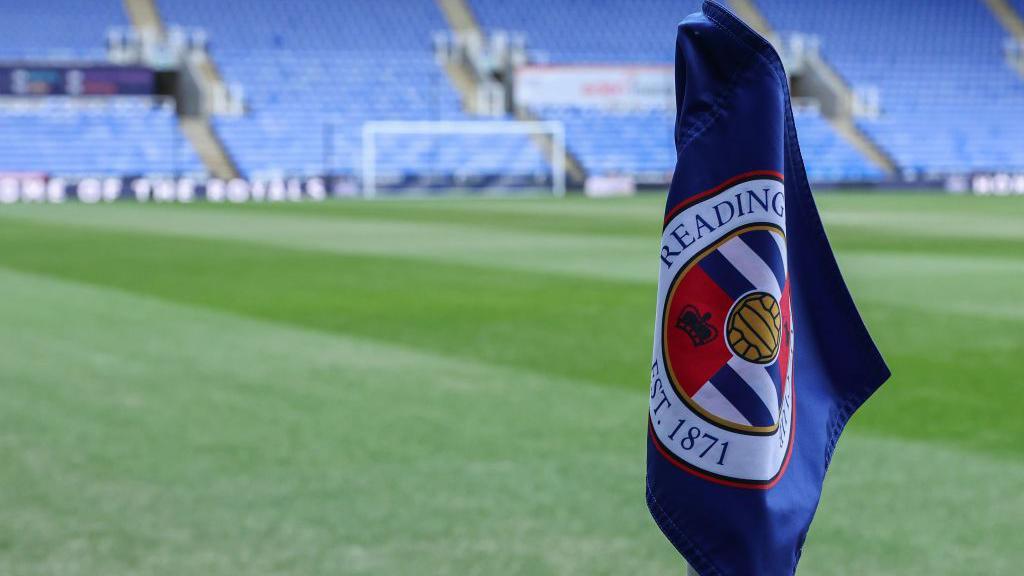Reading FC's Potential Lifeline: Exclusive Talks with Mystery Investor Revealed

Reading Football Club appears to be on the brink of resolving its prolonged ownership uncertainty, with promising negotiations underway with a potential new buyer. After months of speculation and financial challenges, the League One club may finally be close to turning a significant page in its turbulent recent history.
Sources close to the negotiations suggest that advanced discussions are taking place, signaling hope for fans and stakeholders who have endured considerable uncertainty surrounding the club's future. The potential takeover represents a crucial opportunity for Reading to stabilize its financial position and chart a path towards renewed sporting success.
While specific details of the potential buyer remain confidential, the ongoing talks are being viewed as a positive development for a club that has faced substantial operational and financial obstacles in recent seasons. Supporters are cautiously optimistic that this potential ownership change could mark the beginning of a more promising era for the club.

